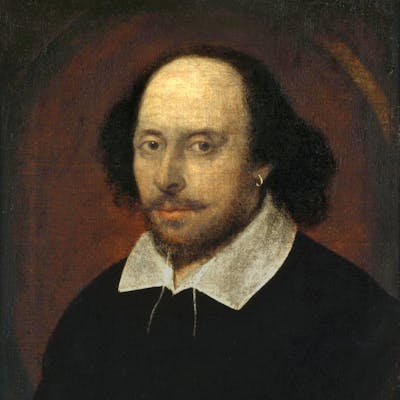
William Shakespeare - the world's greatest dramatist
Poet and playwright William Shakespeare, widely regarded as the greatest ever writer in the English language, was born in April 1564 and died on St. George's Day 1616.
Britain's theatrical heritage is well known - from Shakespeare to Lloyd-Webber. Here are a few of the places, people and history that make our performance culture the envy of the world.

Poet and playwright William Shakespeare, widely regarded as the greatest ever writer in the English language, was born in April 1564 and died on St. George's Day 1616.
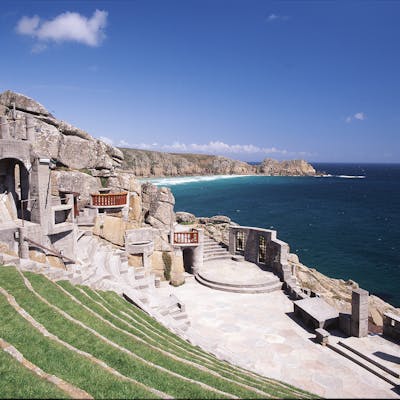
The dream of a determined woman, the Minack Theatre is one of the most picturesque performance sites in the world. Perched on the cliffs on a headland near Land's End in Cornwall, it was built largely with hand tools, and was the life's work of its creator.
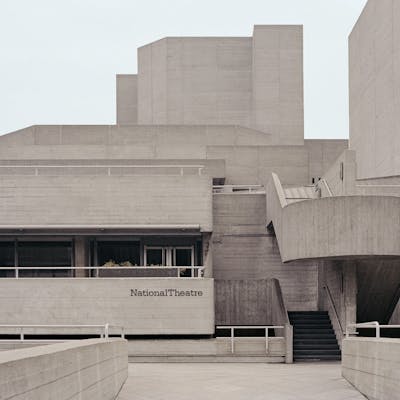
The National Theatre, situated in London’s South Bank arts complex, is one of Britain’s most iconic examples of Brutalist architecture. Built in 1976, it consists of a layered concrete landscape that Prince Charles has described as being like a ‘nuclear power station’.
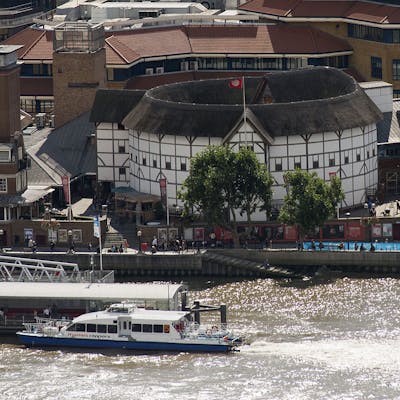
Shakespeare's Globe is a reconstruction of the Globe Theatre, an Elizabethan playhouse for which William Shakespeare wrote his plays, in the London Borough of Southwark, on the south bank of the River Thames.
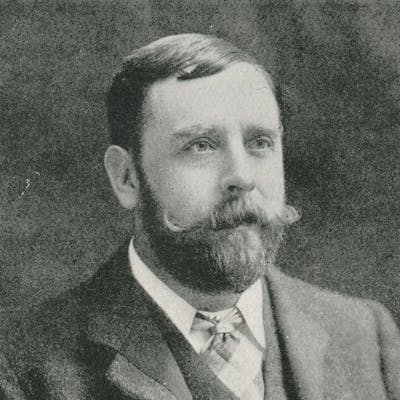
Many of the lovely old theatres in the UK are the creation of one man. Frank Matcham (1854-1920) was a prolific English architect who specialised in the design of theatres and music halls. His architectural innovations helped to make theatre-going a popular mainstream experience.

British theatres revere the tradition of the theatre cat - though now a disappearing one. As rather unusual workplaces, in use for much longer hours during the week than most offices, there has often been provision of residential quarters for the theatre manager. They have frequently been accompanied by a resident feline, charged with keeping the mouse population down.